
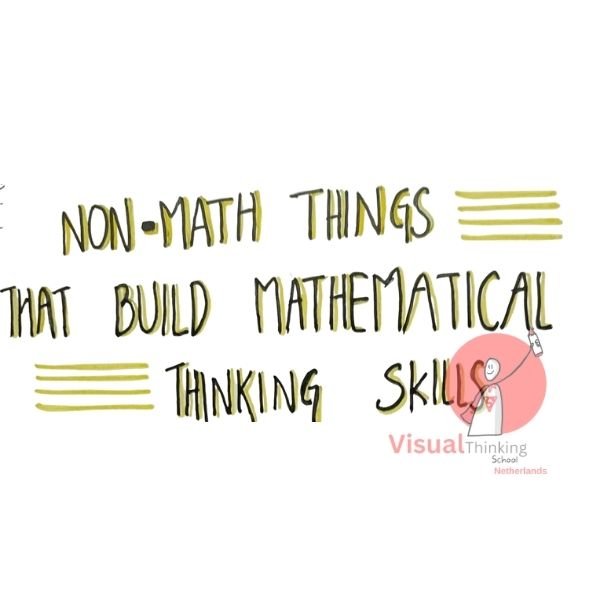
When we think about mathematical thinking skills, our minds often jump to numbers, equations, and formulas. However, mathematical thinking goes beyond the classroom and can be cultivated through various everyday activities. In this comprehensive exploration, we’ll delve into how seemingly non-mathematical tasks like time management, baking, gardening, and more can foster the development of mathematical thinking skills. So, grab your maths sketch notes, a warm cup of tea, and let’s embark on this enlightening journey into the world of mathematical thinking!

Time management is a life skill that’s often underestimated in its mathematical significance. When you create schedules, allocate time to tasks, and prioritise your day, you’re essentially breaking down your day into mathematical equations. This process hones your ability to estimate how long activities will take, juggling variables like urgency and importance. The result? Better efficiency and a more structured approach to your day.
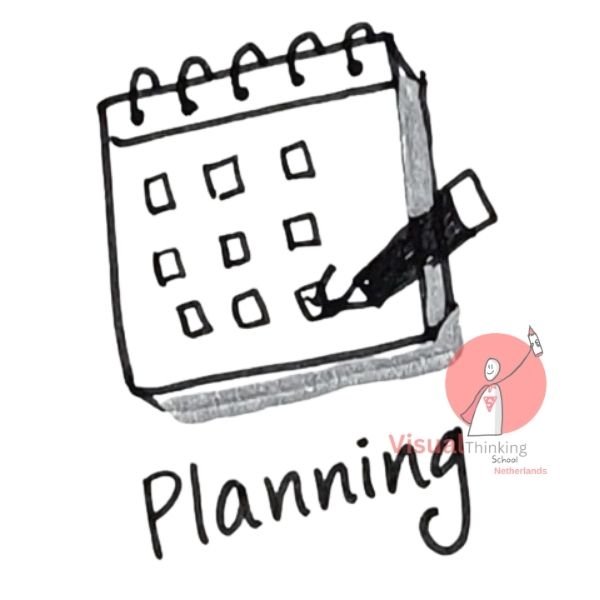
Planning involves setting goals, organising steps, and considering different variables. Whether you’re planning a vacation, a business project, or even your weekly grocery list, you’re engaging in a form of mathematical thinking. You strategize, make calculations, and anticipate outcomes based on the information available to you. This ability to plan is fundamental to mathematical thinking and has applications far beyond solving equations in a textbook.*
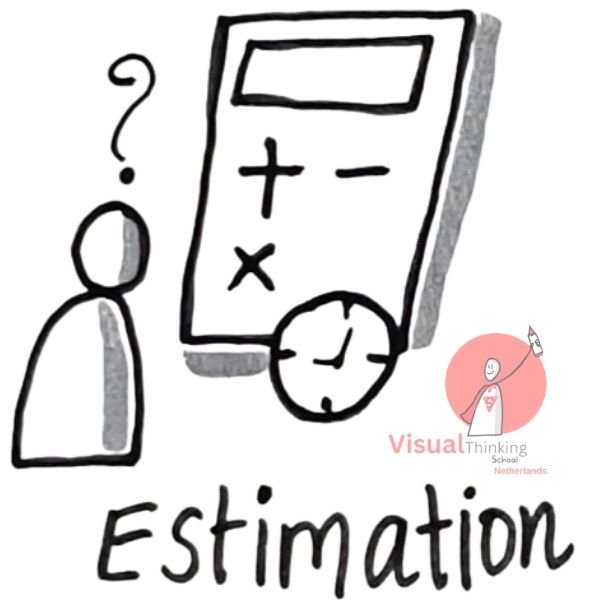
Estimation, a fundamental mathematical skill, is something we use regularly in daily life. Whether you’re estimating the ingredients for a recipe, the time it takes to commute, or the cost of a home renovation project, you’re relying on approximations. These estimations are crucial in making quick decisions and managing your time and resources effectively.
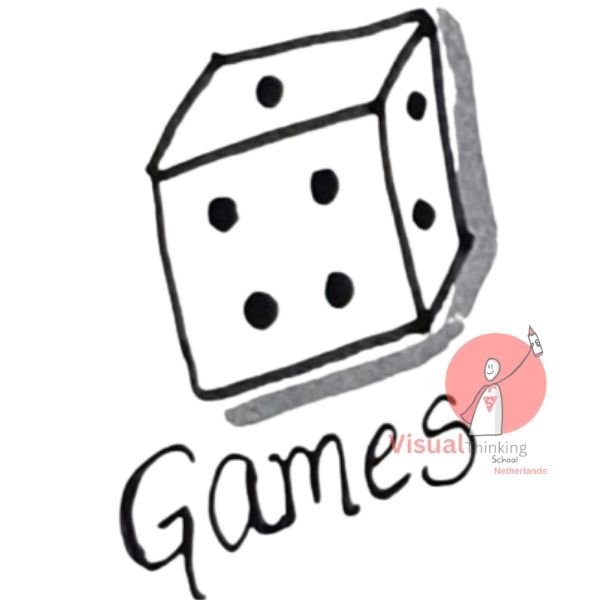
Board games, card games, and puzzles are not just fun pastimes; they’re excellent tools for enhancing mathematical thinking. Games like chess or Sudoku require strategic thinking, pattern recognition, and probability assessment – all essential aspects of mathematical thinking. Engaging in these games not only provides entertainment but also sharpens your analytical and problem-solving skills.
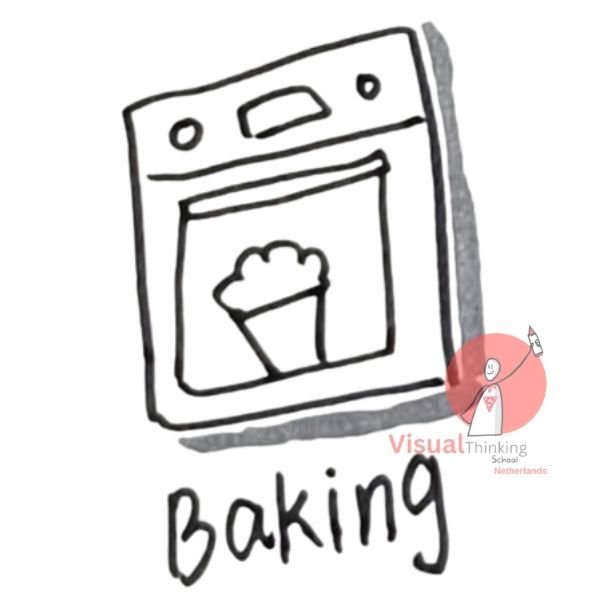
Who would have thought that baking could be a gateway to mathematical thinking? Yet, it is. Baking is a delightful way to enhance your mathematical skills. When you bake, you must measure ingredients accurately, adjust recipes to different serving sizes, and understand ratios – all mathematical concepts in practice. The precision required in baking reinforces your ability to work with numbers and proportions.
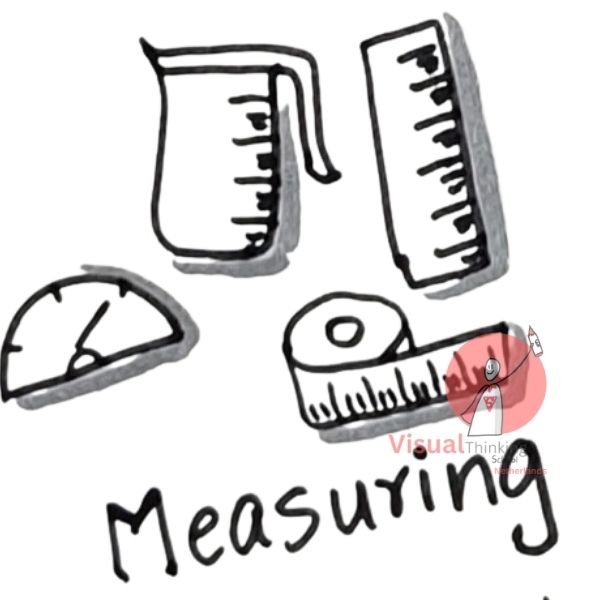
Measurement is an integral part of our daily lives. Whether you’re measuring ingredients for a recipe, the dimensions of a room for remodelling, or the distance for a road trip, measurement is a crucial mathematical skill that transcends mathematics textbooks. Being able to measure accurately is not only practical but also enhances your spatial awareness and mathematical thinking.

Driving might seem like a non-mathematical activity, but safe and efficient driving involves a fair share of calculations. You need to calculate distances, speeds, and reaction times. Understanding how to manage these factors ensures your safety on the road. In essence, driving is a real-world application of mathematical concepts that we often take for granted.
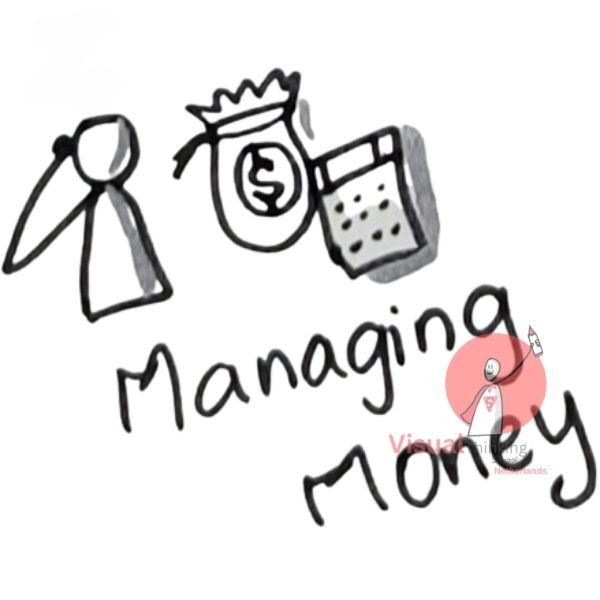
Managing money is an area where mathematical thinking is paramount. Budgeting, saving, and investing all require mathematical skills. Understanding percentages, interest rates, and financial planning is essential in managing money wisely. Making informed decisions about your finances is not just about numbers but about applying mathematical thinking with maths sketch notes to secure your financial future.
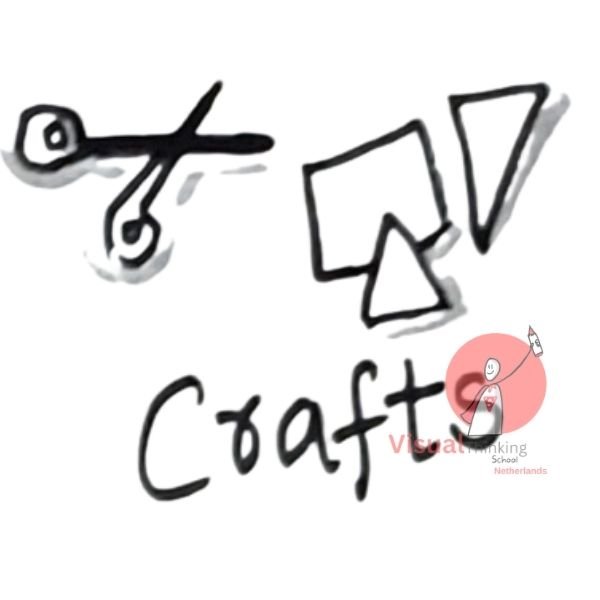
Crafting might seem like an artistic endeavour, but it involves a surprising amount of mathematics. Creating crafts often requires precise measurements, understanding of geometric shapes, and the ability to visualise the final product. Whether you’re sewing, woodworking, or creating intricate paper crafts, mathematical thinking is an invaluable tool in achieving precision and creativity in your work.

Even something as mundane as shopping has mathematical aspects. When you shop, you compare prices, calculate discounts, and budget your expenses. These everyday mathematical calculations are essential for making informed purchasing decisions and managing your finances effectively
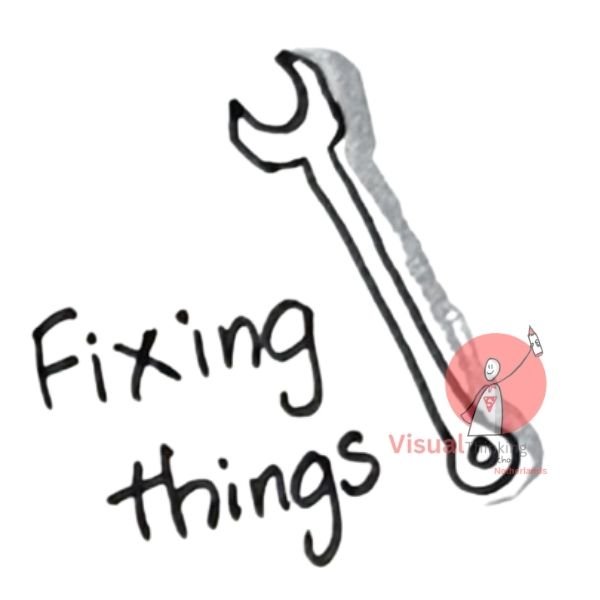
Repairing appliances, vehicles, or even simple household fixes involves problem-solving and mathematical thinking. You need to diagnose the issue, plan the repair, and execute it methodically. Whether it’s calculating the right torque for a bolt or troubleshooting an electrical problem, fixing things requires a strong foundation in mathematical thinking.
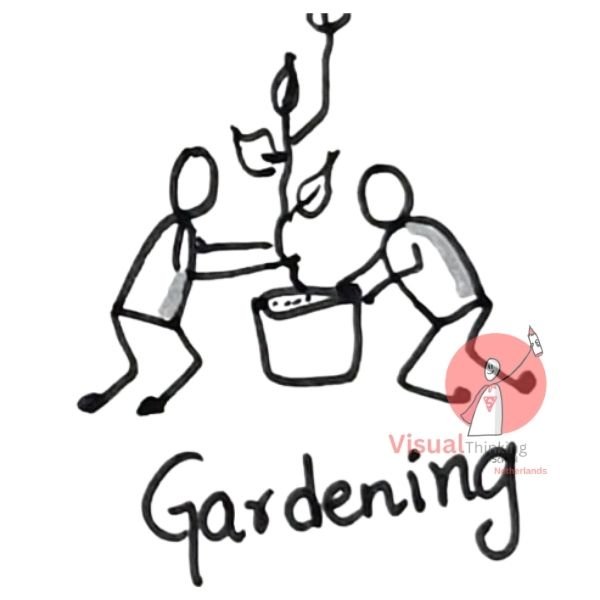
Gardening may seem like a green thumb’s pursuit, but it’s also a domain where mathematical thinking comes into play. It involves understanding growth patterns, spacing, and nutrient ratios for plants. These considerations are all deeply rooted in mathematical principles, making your garden not just a beautiful place but also a mathematical playground.
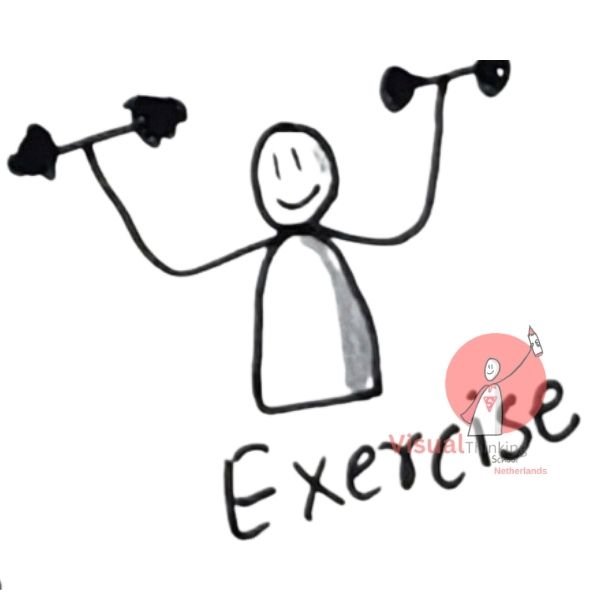
Mathematics is intertwined with health and fitness. Tracking your fitness progress, setting up workout routines, and understanding body measurements are all instances of mathematical thinking. From calculating body mass index (BMI) to monitoring heart rate during exercise, maths plays a vital role in helping you achieve your fitness goals.
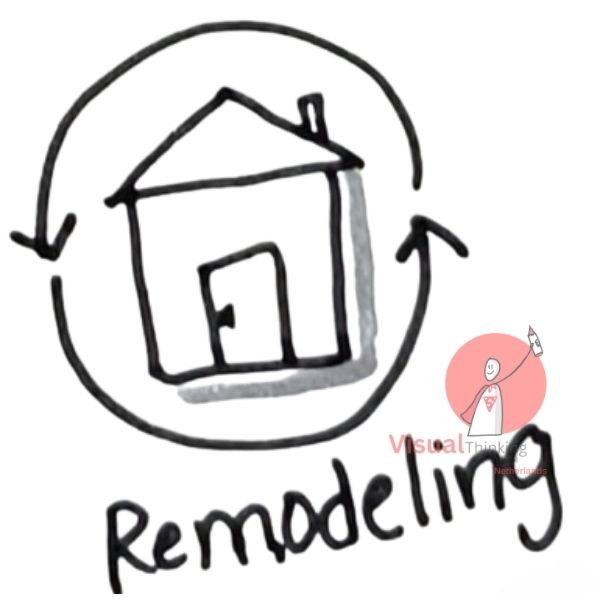
Home improvement projects require careful planning and execution. You need to measure spaces accurately, calculate material quantities, and adhere to a budget. Remodelling homes is a practical application of mathematical thinking that can save you time and resources while ensuring a successful renovation.

Music theory involves mathematical concepts like rhythm, patterns, and frequencies. Musicians often use maths intuitively to create harmonious compositions. Understanding time signatures, beats per minute, and the mathematical relationships between musical notes are all part of the fascinating world of mathematical thinking in music.
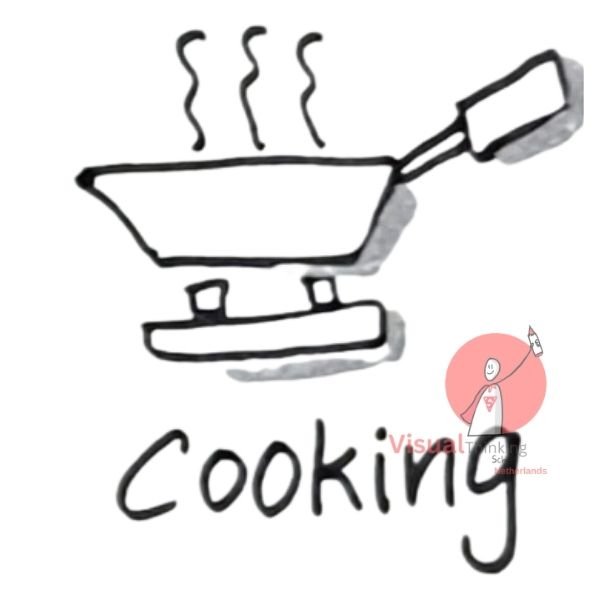
Like baking, cooking is a culinary art that requires mathematical precision. You must measure ingredients accurately, adjust recipes, and understand cooking times and temperatures. Achieving the perfect balance of flavours and textures relies on mathematical concepts, making cooking not just a delicious experience but also a mathematical one.
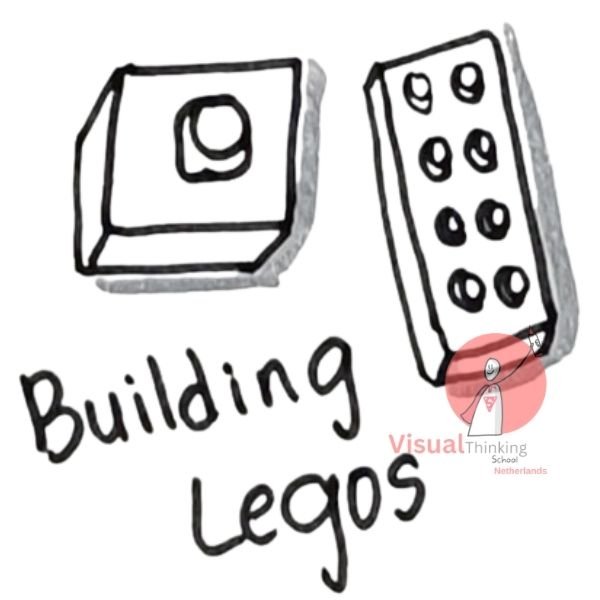
Building with Legos is a childhood pastime that enhances spatial reasoning, geometry, and problem-solving – all key components of mathematical thinking. Whether you’re following instructions or creating your own structures, you’re engaging in a creative and mathematical process that strengthens your analytical skills.
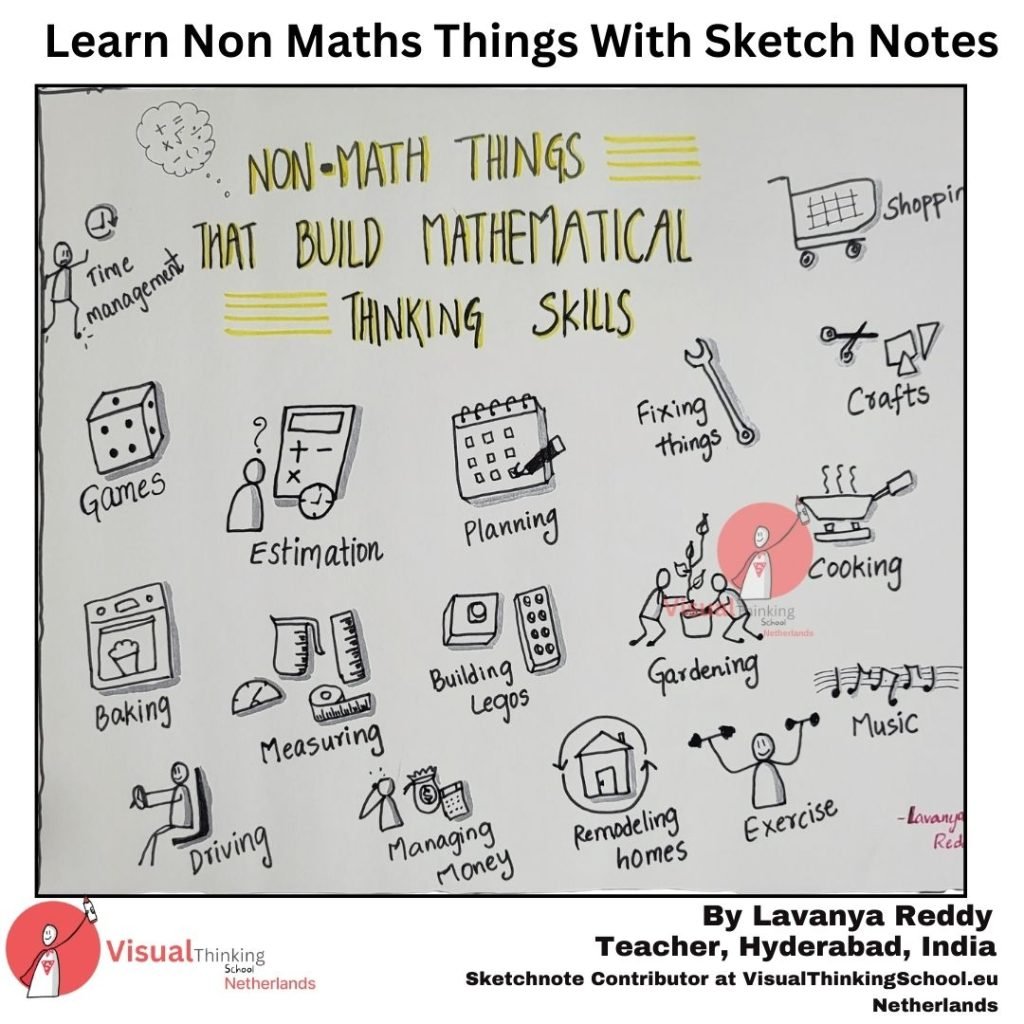
Mathematical thinking is not limited to the confines of a classroom or maths sketch notes. It is a versatile skill that can be cultivated through a wide range of activities and experiences. By integrating mathematical thinking into your daily life, you not only become a more adept problem solver but also gain a deeper appreciation for the role maths plays in our world.So, whether you’re measuring ingredients for a delicious meal, strategizing your next move in a board game, or planning your next home improvement project, remember that maths is your ally. Keep your maths sketchnotes close, and let mathematical thinking enrich your life in ways you might have never imagined. As you navigate the intricacies of everyday tasks, you’ll find that maths is not just a subject; it’s a fundamental aspect of our existence that can be both practical and truly fascinating.
We conduct online and in-person certification trainings on our Trade Marked Training on Business Sketchnotes ™.
We have an open challenge in our trainings : If you can not draw after our 9 hours of trainings, we will close our trainings FOR EVER !! ..and we are still waiting for that one person even after training more than 38000 professionals.
You can also join our whatsapp community to learn from those who have attended our trainings

We trained more than 38000 professional and gave corporate trainings in more than 65+ top notch companies

Check Our Trainings

Maths educator by profession and sketchnoter by passion. She loves teaching maths using sketchnotes. She is also an acredited school sketchnote trainer with Visual Thinking School, Netherlands.
More of her sketchnotes can be checked on her Instagram: @Lavanya_anugula